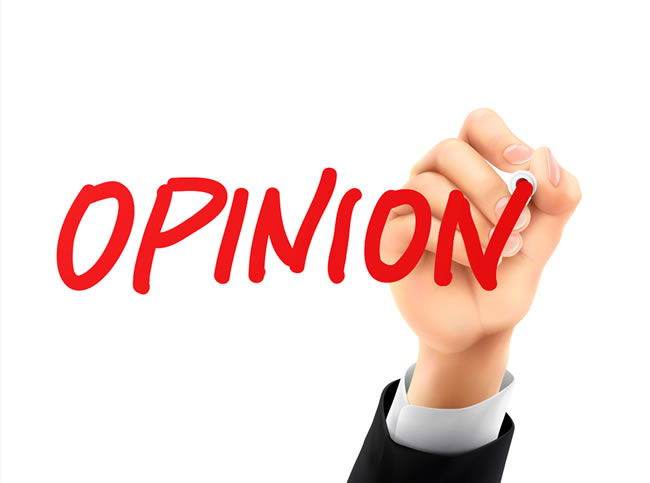FOR Nigeria as a democratic project, the ideal government is the one that can build the nation, not one in which the winner takes all. It should be an inclusive government in its constitution or composition. It should be a representation of the diverse interests and needs of all the constituent stakeholders in the nation. Necessarily, this would include the opposition giving it consideration or factoring its input in decision making, policy design and implementation. It should also learn from the best practice of past governments and sustain the prospects of their public interest-based programmes and projects. This will be found in a government that is driven by a patriotic desire to stimulate national development and engender transformation in the country. It is a government that transcends the zero sum game characteristic of our political history. Happily, from the pronouncements and actions of President Bola Ahmed Tinubu so far, this is the prospect that is emerging in the nation, requiring the understanding and support of all.
It is this context that we should interrogate and explore further, the development challenges that have endured in the country, threatening our national security and cohesion , to the extent that resources that should ordinarily be deployed to developing capacity of the citizens and providing supporting infrastructure for development are now being channeled or stretched on security and combating corruption. If this is a demand of public agenda setting that is in the domain of the mass media, we may then ask: what is the role of the media in all these, especially public service broadcasters in de-politicising development and democratizing transformation? How have they played it in the past? Are they playing it now? Are they empowered to play it further? On another scale, if economics is the science of efficient allocation and utilization of scarce resources to achieve optimum value/returns for the benefit of the society, it becomes imperative for leaders and managers of the public sector in the developing world to undertake critical evaluation of the options and choices available to bail them of the quagmire of development crisis in which they are enmeshed.
How have the public and social media assisted in setting or mainstreaming issues to be on public agenda? The crises we are confronted with are structural and political, calling for innovative and pragmatic approaches, options and measures that are sustainable and truly transformational to unlock us them from the tragedies. Unfortunately, when the subject of reform is raised, most citizens are not clear as to what it entails. Indeed, many interest groups, for parochial reasons, obfuscate the very essence of reform in how they aggregate to challenge or support reform programmes. This obviously explains the failure of reform or development projects and measures we have attempted to pursue in the past but unable to deliver dividends of development which the reforms are intended for. For us in Nigeria, we are not impeded by any lack of appreciation of our development crisis. Rather, we are constrained mainly by the politics of approaches and choices we take to push through our reform projects. For this reason, we often disagree or vacillate while trying to generate ideas in the planning stage or we waste time and resources in the implementation stage to compound our challenges. In both cases, we corrupt or compromise reforms. This seeming lack of collective sincerity and courage therefore portrays the nation in negative perspective as evidenced by our standing in many global ratings and development indices.
The direction of most countries pursuing reform now is to interrogate the size and role of government in public service delivery, the involvement of other sector providers, including the international government and multilateral agencies. At the same time, they try to evaluate the political, ideological and cultural parameters that clarify group interests in the creditable delivery of such development and reform projects. How well do we take cognizance of these imperatives? First, let me enumerate some reform projects and programmes the nation has embarked upon since the mid-70s and leave you to evaluate our success in them: Land Use, local government service, the various agricultural development programmes, WAI, MAMSER, Better Life, Code of Conduct and Anti-corruption initiatives, Vision 2010, Vison 2020, SERVICOM, the Seven Point Agenda, Transformation Agenda, and the heart of Africa Project. We can also cite Operation Feed the Nation and the Green Revolution Projects of the late 70s and the early 80s without forgetting the post-civil war initiative of the Triple R: Reconstruction, Rehabilitation and Reintegration. The Change Agenda of the immediate past government is in the league of efforts at national transformation.
- Solanke is Deputy Director, Strategic Planning & Corporate Development Dept, Voice of Nigeria, Abuja
YOU SHOULD NOT MISS THESE HEADLINES FROM NIGERIAN TRIBUNE
Full text: See Obi’s written address to Tinubu
Labour Party legal team, led by Livy Uzoukwu (SAN), on Thursday, filed their final written address in response…
46-year-old Nigerian ‘mysteriously’ dies in Scotland
Security and health experts in Glasgow, Scotland are battling to unravel the mystery surrounding the sudden death…
Nigerian billionaire businessman Tony Elumelu invited Wizkid as he organises a ‘sip and paint’ to celebrate…
Subsidy: 10 ways to reduce fuel consumption
Amidst the early days of President Bola Tinubu’s administration in Nigeria, the nation has been grappling with a staggering increase…
Messi scores on debut as Inter Miami wins league cup match
Argentine Superstar Lionel Messi scored on his debut for Major League Soccer side Inter Miami as they secured a victory…
RECENTLY, Nigeria has been facing an unprecedented scourge of diphtheria, and so soon after the onslaught of the COVID-19 pandemic…






